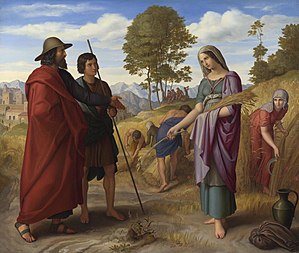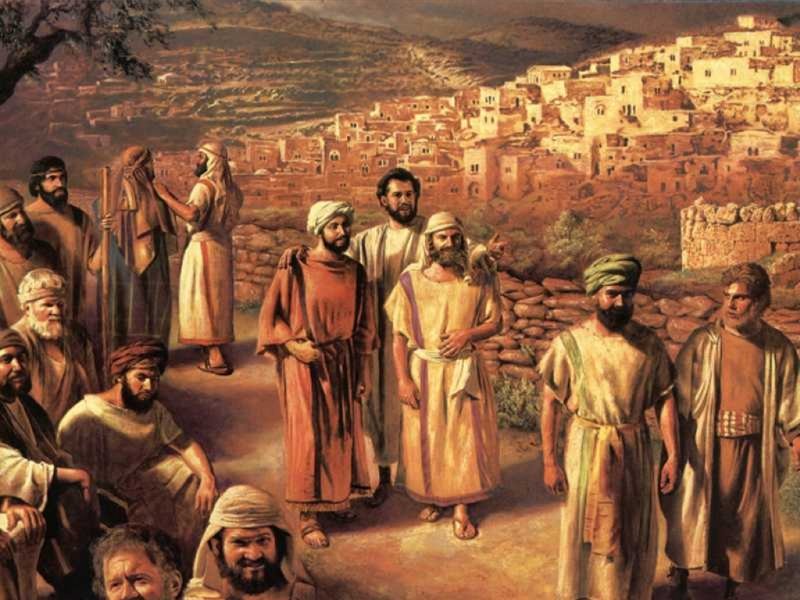
This Joseph, mentioned in all four Gospels, come from a small village called Arimathea in the hill country of Judea. He was a respected member of the Sanhedrin, the Jewish religious council in Jerusalem. He was presumably wealthy, since he owned his own unused tomb in a garden not far from the site of Jesus' crucifixion (Mt 27:60). Joseph, a man waiting expectantly for the kingdom of God, went to Pontius Pilate after the death of Jesus and asked for Jesus' body (Mk 15:43). Along with Nicodemus, Joseph removed the body and placed it in the tomb (John 19:39). Their public devotion contrasted greatly to the fearfulness of the disciples who had abandoned Jesus.
To listen to an interview of Dr. Jeff Gibbs of Concordia Seminary-St. Louis, MO on Joseph of Arimathea on Issues Etc, click on the Issues Etc logo below.


























